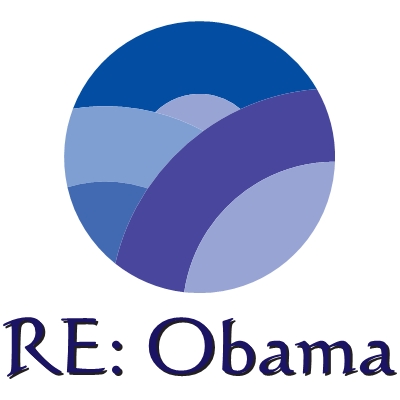It would be difficult to condense Confucius’ entire life into just a few short paragraphs, but his contributions to Chinese culture are palpable, even today. Confucianism is often mistaken for a religion, but it’s more accurate to describe the doctrine as a set of values. One might even call it “secular morality”.
While one will find elements of heaven, and a discussion of the afterlife in Confucian principles, the philosophy is largely a discussion of ethics and morality. It also influences political behavior as well.
Confucius emphasized self-cultivation, and he also had moral exemplars that he felt people ought to emulate. These are not guided by any kind of logic, rather they are what is known as “virtue ethics.” Confucius used allusion and innuendo to convey his points, which is partially why Chinese people sometimes speak in metaphors.
A good Confucian statement is often one that requires contemplation, and has many facets of interpretation. He also demonstrated human virtue through his parables, as in the example of the stable burning down. When his men reported the fire to him, Confucius asked if anyone was hurt but never mentioned the horses. In this way, Confucius is one of the early Chinese examples of a humanist.
The Confucian principle of Li is also central to his teachings. Li is balance, or put another way, li is to do the proper thing at the proper time. It’s a method of looking at situations through a moral lens, such that one’s ethical judgment is used.
About the Author: Samuel Phineas Upham is an investor at a family office/ hedgefund, where he focuses on special situation illiquid investing. Before this position, Phin Upham was working at Morgan Stanley in the Media and Telecom group. You may contact Phin on his LinkedIn.



